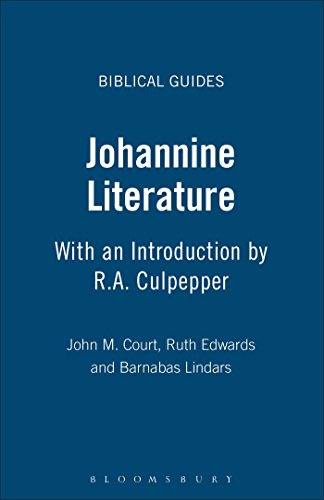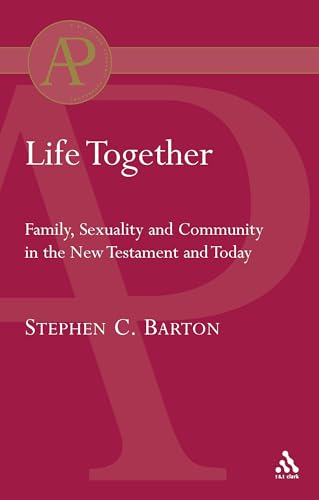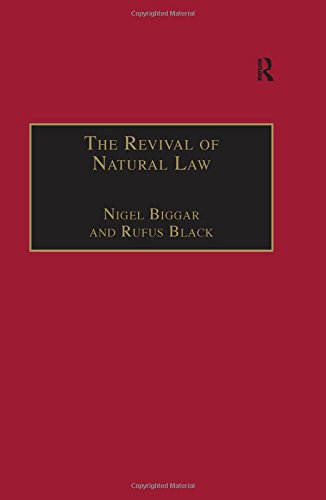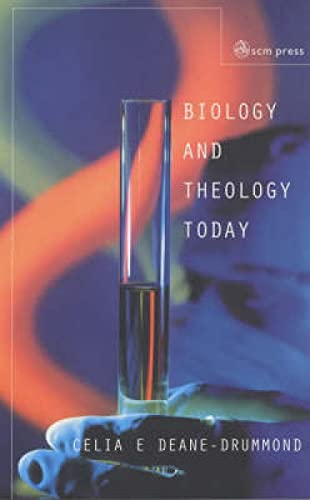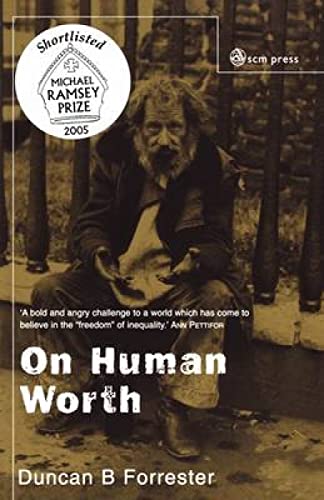Disruptive Grace: Studies in the Theology of Karl Barth
Written by George Hunsinger Reviewed By Paul BlackhamGeorge Hunsinger has already firmly established himself as one of the very few reliable guides round the cathedral of Barth’s theology. ‘Grace that is not disruptive is not grace.’ Hunsinger takes his readers on an exploration of the relationship between traditional doctrine and radical politics. He points out how in recent decades orthodoxy has been set against progression in the theological world. Hunsinger wants to display the fruitful marriage between the two in the lifelong work and writing of Karl Barth. The book is a collection of essays that Hunsinger has produced over the last 20 years.
The book is divided into three sections. The first deals with Barth’s political theology, the second with his doctrinal theology and the third with his ecumenical theology.
The first section was the most immediately stimulating for the seasoned Barthian. The monotone political flavour of these chapters is balanced by Hunsinger writing from a culture in which an equally monotone, but different, political theology enjoys the consensus. In the first chapter Barth is brought into conversation with Rene Girard. Whilst Girard’s theology is unorthodox his pacifistic passion can be more securely anchored within a theology of the Cross. In chapter two the social critique of Liberation theology is placed under the microscope and found wanting in its lack of appreciation of the divine-human axis of the human condition. In the third and fourth chapters we are forced to think through the challenge of the German Church struggle for today. Although the essays are aimed at America quite specifically, much of the material is easily grasped. We can look with horror at the evils of Hitler’s Germany, but do we stand up against the obvious (though socially and politically popular) evils of our own governments, with their culture of war and exploitation. The fifth essay, comparing Barth’s view of the state with John Howard Yoder is a compulsory read. I have rarely encountered such a careful analysis of the material.
The second section of the book begins with a general essay on Barth’s Christology. He has been criticised for being both Alexandrian and Antiochian, so Hunsinger guides us through the dialectics that Barth sets up. The second essay on Barth’s doctrine of the Spirit was the first I turned to. There is much to be learned from this in developing a fully rounded pneumatology. It is koinonia that is established as the essence of the Spirit’s work. In chapter eight we are taken into Barth’s doctrine of eternity. Hunsinger guides us into the complexities of Barth’s thought in which the three-fold being of God is reflected in a three-fold understanding of eternity. We are taken on an exploration of Barth’s doctrines of Scripture and hermeneutics in chapter nine. This is a good chapter for those struggling with the standard evangelical dismissal of Barth. Perhaps the weakest chapter in the book is chapter ten on the doctrine of Hell. Here Hunsinger seems to be far too lenient on Barth’s equivocation.
The final section of the book widens the studies to general questions of ecumenical theology. The first of these papers plunges deep into Barth’s widespread use of the principle of koinonia, then uses this to throw light upon the theological argument between Balthasar and Rahner. The essay entitled ‘What Karl Barth Learned from Martin Luther’ is possibly the most gripping essay in the volume. Barth’s passions seem so much clearer when viewed through Luther in this way. Hunsinger suggests five areas of Luther dependence: Christocentrism; the suffering God; the Word of God; the Christian as simul iustus et peccator; and grace and freedom. Chapter thirteen demonstrates how ultimately Barth and Lindbeck are separated at a deep level. Chapter fourteen is a somewhat useful paraphrase of the Barth-Harnack correspondence, taking us to the final chapter. This is an uninspiring analysis of Carl Henry’s debate with Hans Frei.
This book is essential reading for anybody who appreciates Karl Barth. George Hunsinger is able to show off and examine Barth with an impressive thoroughness. The book shows just how much Barth has yet to offer theological studies.
Paul Blackham
All Souls, London



